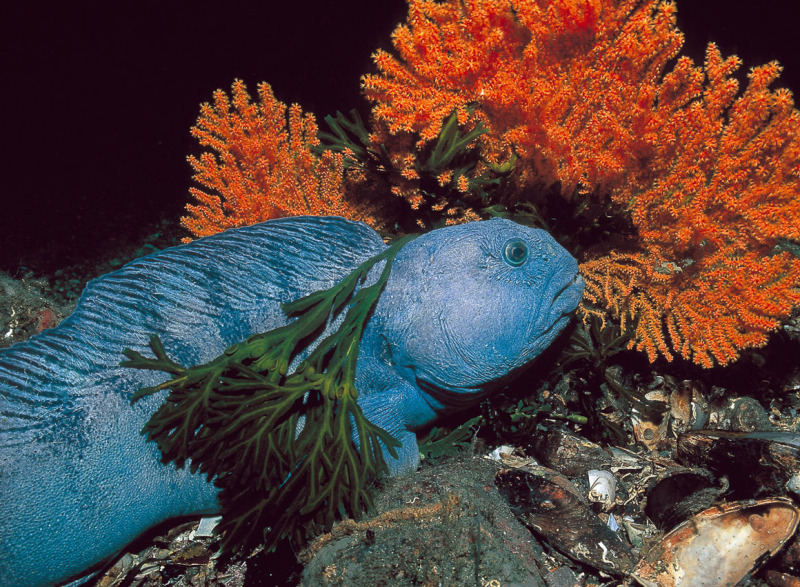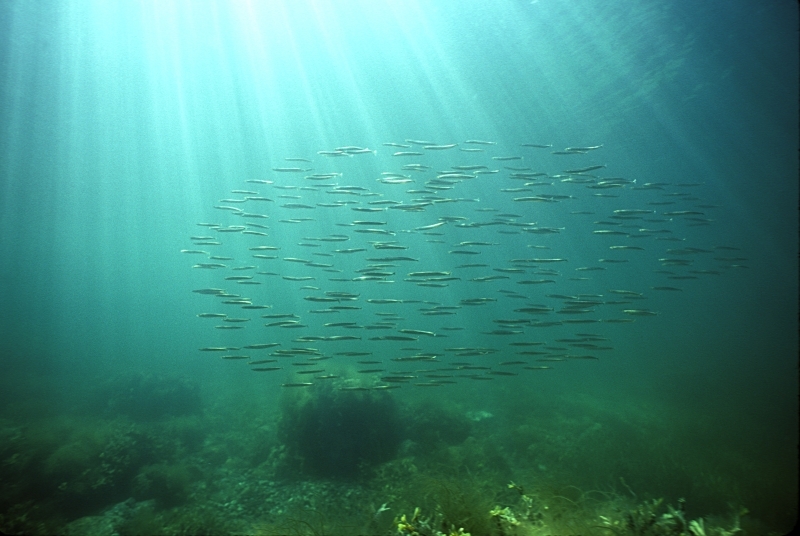Denial on the rocks and the deadly cocktail that’s impairing our oceans
I’ve been thinking a lot about the human condition recently. I’m not a philosopher – barstool or otherwise – but the unequivocal sense of denial that permeates our lives intrigues me. Denial about the perils of a changing climate is one of them, but most importantly, governments’ inaction to mitigate and to establish proper adaptation measures in response to these unprecedented changes is just irresponsible, in my opinion.
© Erling Svensen / WWF-Canon
Last Friday we saw what the Intergovernmental Panel on Climate Change (IPCC) had to say about the effects of climate change on our oceans, including
- The upper ocean warmed from 1971 to 2010;
- The oceans have absorbed about 30% of the emitted anthropogenic carbon dioxide, causing ocean acidification. Further uptake of carbon by the ocean will increase ocean acifidication;
- The global ocean will continue to warm during the 21st century. Heat will penetrate from the surface to the deep ocean and affect ocean circulation;
- Sea level will continue to rise;
- Over the last 2 decades glaciers have continued to shrink worldwide and Arctic sea ice has also decreased.
As if this wasn’t enough bad news, a review from the International Programme on the State of the Ocean (IPSO) was released on October 3rd warning about the alarming growth of multiple threats to our oceans, including warming, unprecedented rates of acidification, pollution, overfishing and destructive fishing practices. The report also points to a “deadly cocktail” that’s more potent than the individual threats themselves: a combination of warming oceans, acidification and pollution. When this trio is mixed with the impacts of climate change offshore, it speeds up the already alarming rate at which our oceans are losing oxygen. It is predicted that by 2100, the content of oxygen in the world’s oceans will decrease by 7% overall, which means that most fish and other animals won’t be able to survive.
All these changes are pushing the evolutionary thresholds of marine species and we don’t really know how much farther these can be pushed without serious consequences. What we know, is that the oceans are critical for the support of life on Earth . What we also know is that the oceans are more acidic now than in the previous 300 million years. And most troubling of all, we know that the present level of acidity could well trigger mass extinctions.
Ocean acidification directly impacts – among other things – coral reefs, some cold water corals and polar regions. It also impacts shellfish development, fish larvae, and food webs.
To minimize the effects of climate change in our oceans, apart from reducing CO2 emissions, adaptation measures to boost the marine ecosystems resilience is of the utmost importance right now. These measures include the establishment of ecologically coherent network of marine protected areas, the assessment of cumulative impacts on marine ecosystems followed by respective conservation and management measures, and the reduction of other anthropogenic pressures, such as overfishing, pollution, destruction of marine habitats. We need these measures implemented everywhere – in Canada’s waters as well as on the high seas. The longer we wait, the more expensive it will become; and worse, by then, some irreversible changes might have occurred that could have dire consequences for the entire planet.
As I write this, I realize that I might also be in denial. I still have hope that humanity will make the right choices, and hope that the political will we need to allow us to benefit from the essential services nature provides for many generations to come won’t be denied.



